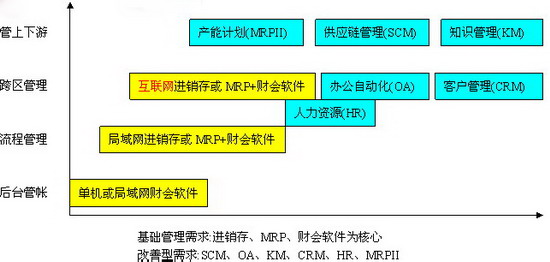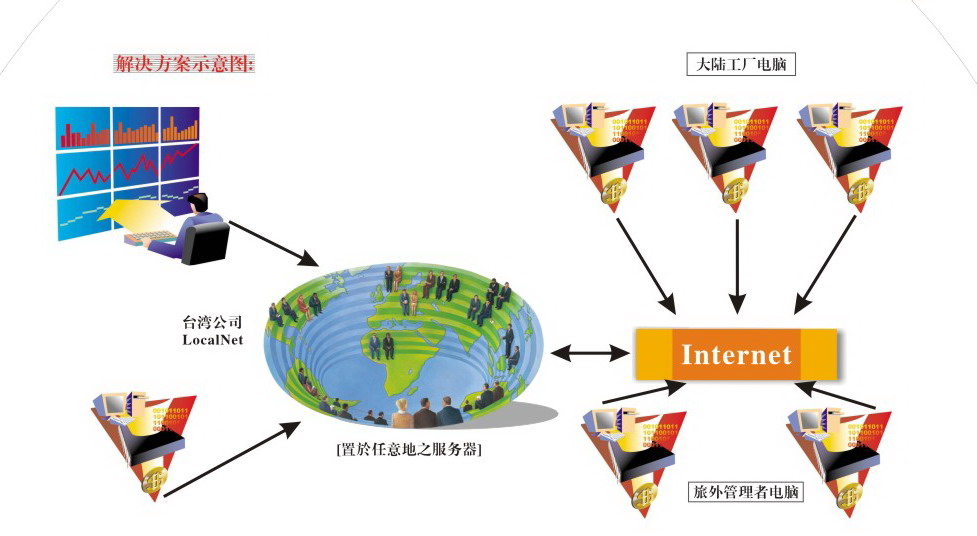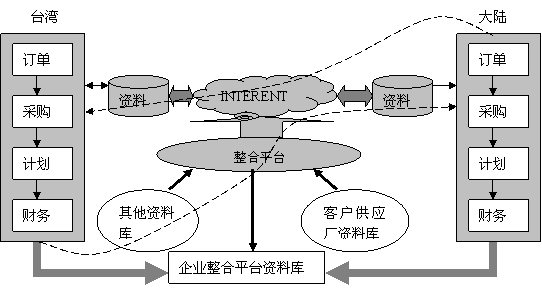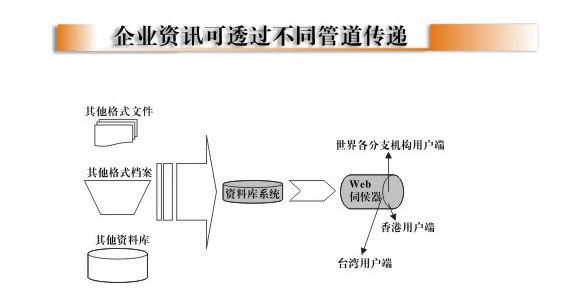iERP Introduction
WHAT IS ERP
Enterprise resource planning (ERP) is business management software—usually a suite of integrated applications—that a company can use to collect, store, manage and interpret data from many business activities, including:
- Product planning, cost
- Manufacturing or service delivery
- Marketing and sales
- Inventory management
- Shipping and payment
ERP provides an integrated view of core business processes, often in real-time, using common databases maintained by a database management system. ERP systems track business resources—cash, raw materials, production capacity—and the status of business commitments: orders, purchase orders, and payroll. The applications that make up the system share data across the various departments (manufacturing, purchasing, sales, accounting, etc.) that provide the data.ERP facilitates information flow between all business functions, and manages connections to outside stakeholders.
Enterprise system software is a multi-billion dollar industry that produces components that support a variety of business functions. IT investments have become the largest category of capital expenditure in United States-based businesses over the past decade. Though early ERP systems focused on large enterprises, smaller enterprises increasingly use ERP systems.
The ERP system is considered a vital organizational tool because it integrates varied organizational systems and facilitates error-free transactions and production. However, ERP system development is different from traditional systems development. ERP systems run on a variety of computer hardware and network configurations, typically using a database as an information repository.
It's not just for the enterprise-sized company. Whether you're a small and growing business, an established midsized organization, or an enterprise level company, we're all striving for the same goal—success.
THE COMMON PROBLEM YOU ARE FACING
- 1. Your business efficiency is suffering due to poor communication.
- 2. Many of your processes involve time-consuming manual data entry or repetitive tasks.
- 3. Disparate, standalone software systems are making business procedures unnecessarily complicated
- 4. You wish you knew more about your customers.
- 5. You are unable to attain accurate answers to big questions, preventing you from making better business decisions.
WHAT IS A QUALIFID SOFTWARE
Grow with confidence
Most organizations want to grow, but aren't certain how to go about growing. Whether it's something that seems simple, like increasing productivity, or something that seems complex, like expanding into new geographies, adding new product lines, or acquiring a company, ERP solutions can be a significant driver of growth.
Make better decisions
You probably have a lot of data, but are you able to use it effectively? Data in multiple systems that don't communicate require a significant amount of time to consolidate into something useful. Plus, by the time you have useable data, it's already dated. Whether you need inventory forecasting or business intelligence, let us help you use big data to succeed.
Work more efficiently
Productivity can be the difference between profits and losses. If your business grew but your systems couldn't expand, you may have resorted to hiring more and more people to manually fill the gaps in your solution.
Or, you may have products that don't communicate and instead use resources to manually transfer data. ERP solutions can help improve the efficiency for what you are currently doing plus provide efficiency in areas you didn't know existed.
Serve customers better
ERP solutions don't just help the back office. ERP solutions, for example, integrate with CRM as well as mobile sales and service solutions to improve customer service across the organization.
OUR ERP SOLUTIONS HELP WITH
- Service management—manage your entire customer lifecycle.
- Quality management—Improve quality to increase productivity and reliability.
- Financials—Get greater financial visibility and insight.
- Manufacturing—Tame the complexity of your manufacturing supply chain.
- Process manufacturing—optimize your process manufacturing to protect profit.
- Wholesale and distribution—make your extended supply chain more responsive.
IMPLEMENTATION STRATEGY
| Principal:
We follow step by step implementation rules not in one step. Different industry in different time with different requirement. |
|
Fast implement speed, affirmative implement guarantee, 24 hours day-care training:
|







